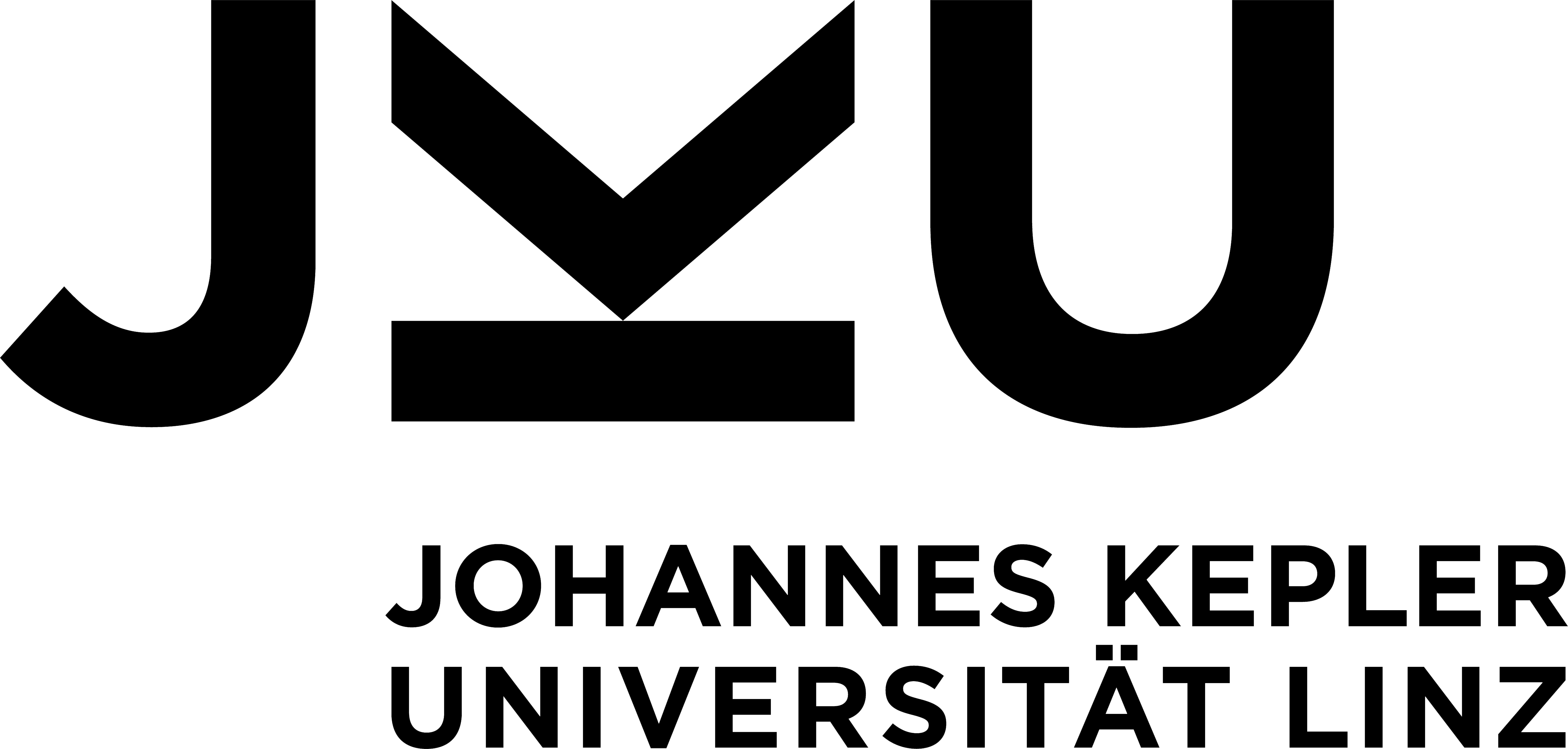Computer Science Colloquium
Prof. Dr. Michael Franz
University of California at Irvine
The Multicompiler: Software Defenses Using Compiler Techniques
Thu 23.01.2014, 16:15, 60 minutesComputer Science Building Room S3 218
Abstract
We have been investigating compiler-generated software diversity as a defense mechanism against cyber attacks. This approach is in many ways similar to biodiversity in nature.Imagine an "App Store" containing a diversification engine (a "multicompiler") that automatically generates a unique version of every program for every user. All the different versions of the same program behave in exactly the same way from the perspective of the end-user, but they implement their functionality in subtly different ways. As a result, any specific attack will succeed only on a small fraction of targets and a large number of different attack vectors would be needed to take over a significant percentage of them.
Because an attacker has no way of knowing a priori which specific attack will succeed on which specific target, this method also very significantly increases the cost of attacks directed at specific targets.
We have built such a multicompiler which is now available as a prototype. We can diversify large software distributions such as the Firefox and Chromium web browsers or a complete Linux distribution. I will present some preliminary benchmarks and will also address some practical issues such as the problem of reporting errors when every binary is unique, and updating of diversified software.
Bio
Michael Franz is a Professor of Computer Science in UCI´s Donald Bren School of Information and Computer Sciences, a Professor of Electrical Engineering and Computer Science (by courtesy) in UCI´s Henry Samueli School of Engineering, and the director of UCI´s Secure Systems and Software Laboratory. He received the Dr. sc. techn.and the Dipl. Informatik-Ing. ETH degrees from ETH Zurich.Invited by o.Univ.-Prof. Dr. Dr. h.c. Hanspeter Mössenböck
The Computer Science Colloquium is organized by the Department of Coputer Science at JKU, the Österreichische Gesellschaft für Informatik (ÖGI) and the Österreichische Computergesellschaft (OCG).
